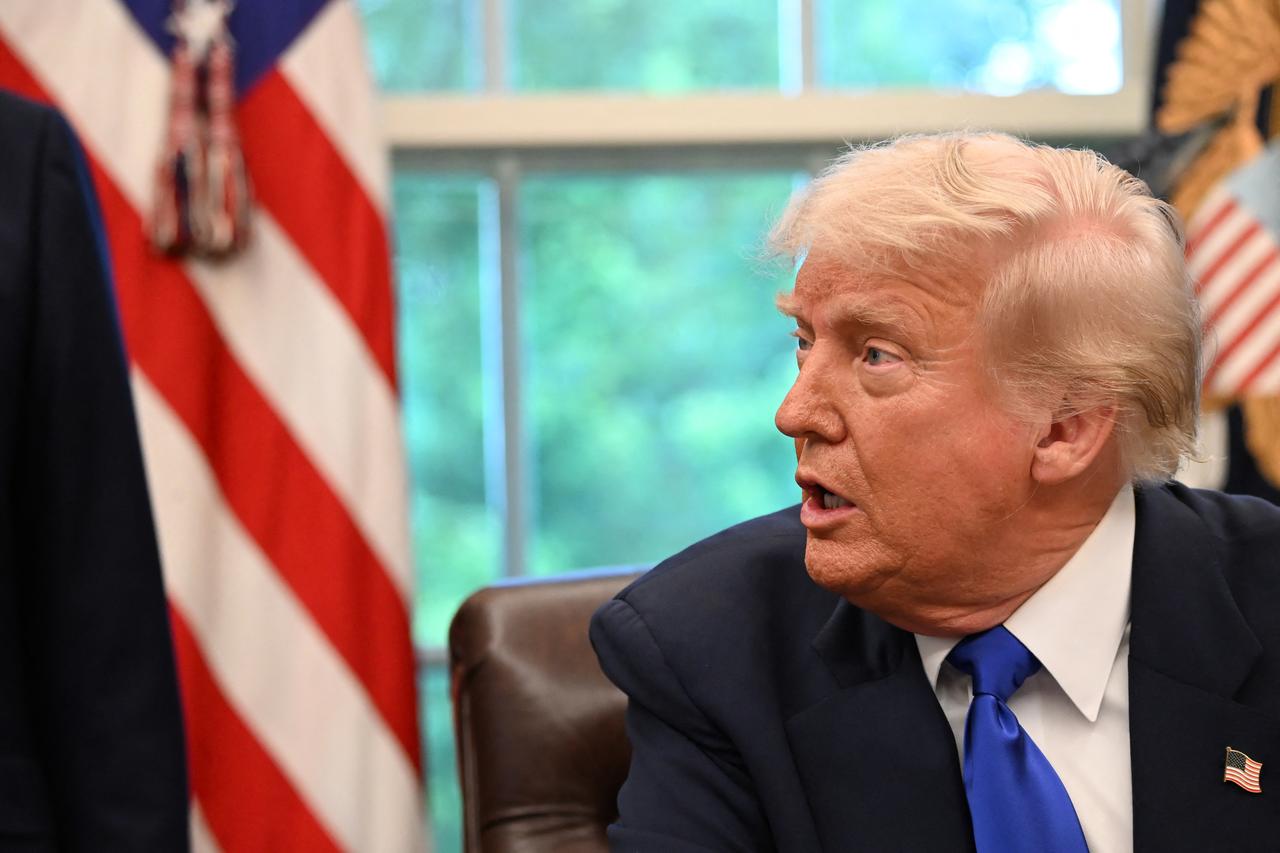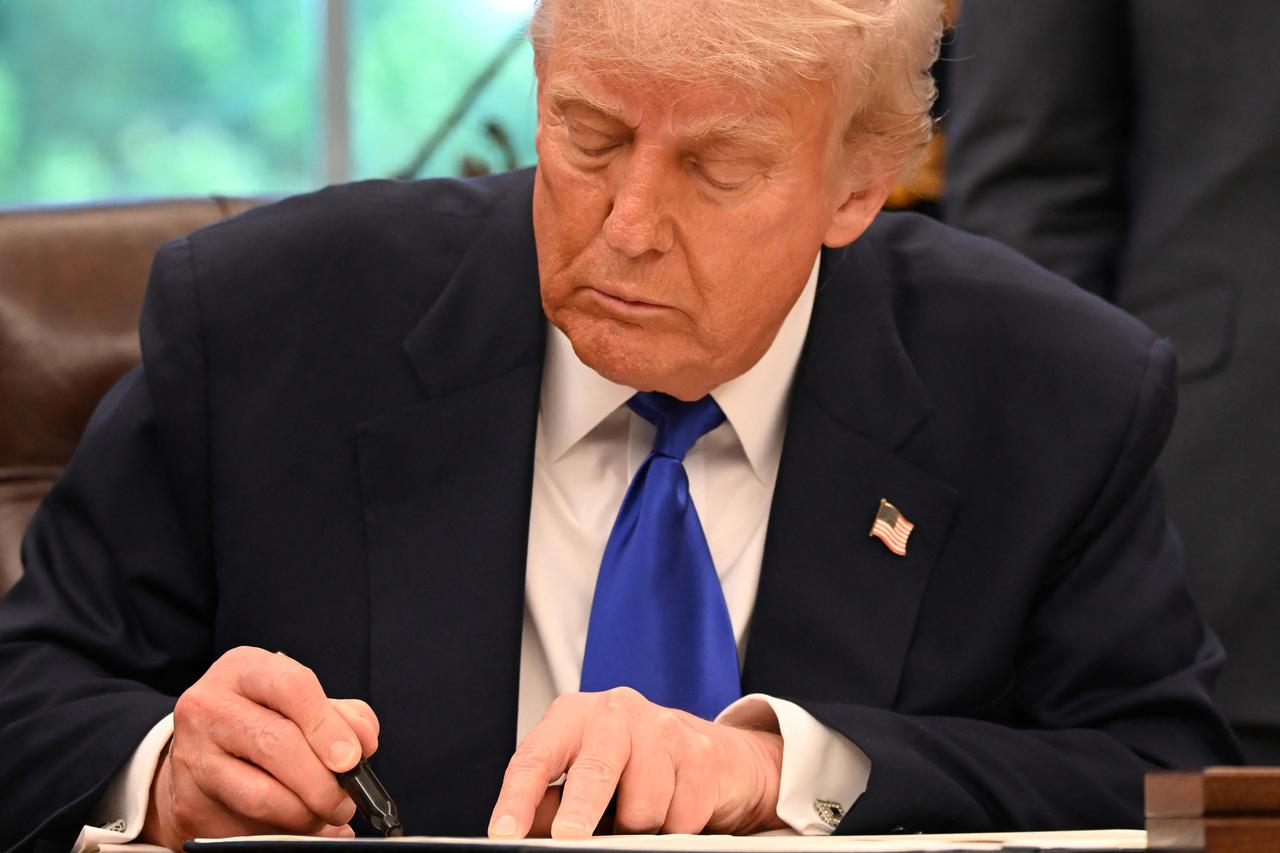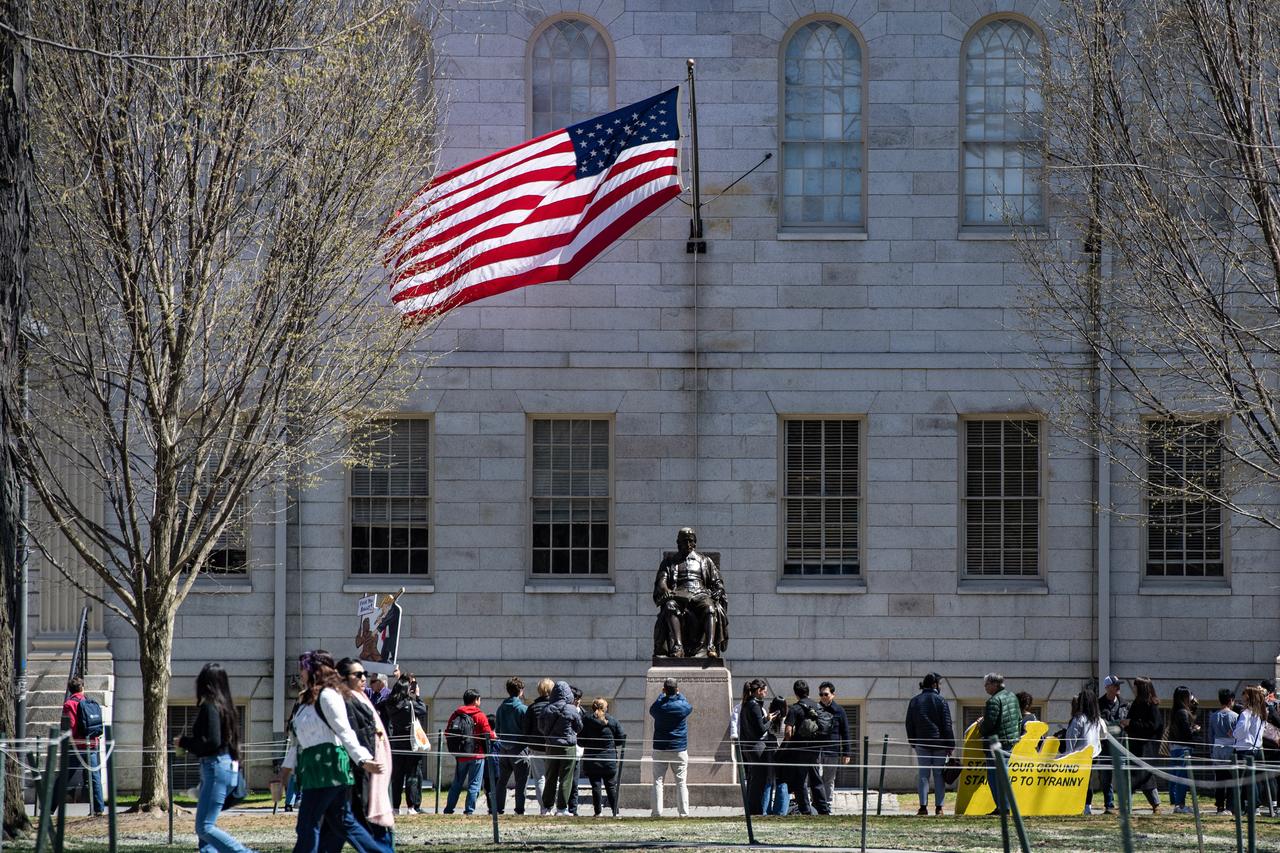
In a significant development that could reshape the relationship between the federal government and elite academic institutions, the Trump administration announced Monday it is cutting off all new federal research grants to Harvard University, intensifying its campaign to compel policy changes at America's oldest and wealthiest university.
Education Secretary Linda McMahon delivered the decision in a sharply worded letter to Harvard President Alan Garber, stating the university is no longer eligible for grants from the federal government due to what the administration describes as "consistent violations of its own legal duties."

The move specifically targets new research grant funding that a senior administration official estimates amounts to "over $1 billion a year." The official confirmed the administration has already frozen $2.2 billion in multi-year federal funding previously allocated to the university.
"In every way, Harvard has failed to abide by its legal obligations, its ethical and fiduciary duties, its transparency responsibilities, and any semblance of academic rigor," McMahon wrote in the letter to Garber. "Harvard has made a mockery of this country's higher education system."
The administration's letter identified multiple issues it has with Harvard's policies and practices, including the university's approach to affirmative action, handling of campus protests, and its temporary suspension of standardized testing requirements such as the SAT and ACT—a policy Harvard reversed in April 2024.
McMahon's letter suggested Harvard could operate as a "privately-funded institution, drawing on its colossal endowment" of approximately $53 billion if it fails to address the administration's concerns.
"Harvard will cease to be a publicly funded institution, and can instead operate as a privately-funded institution, drawing on its colossal endowment, and raising money from its large base of wealthy alumni," the letter states.
"You have an approximately $53 billion head start, much of which was made possible by the fact that you are living within the walls of, and benefiting from, the prosperity secured by the United States of America and its free-market system you teach your students to despise."

Harvard quickly condemned the administration's action through an official statement, characterizing the demands as an attempt to impose "unprecedented and improper control" over the university that "would have chilling implications for higher education."
"Harvard will continue to comply with the law, promote and encourage respect for viewpoint diversity, and combat antisemitism in our community," the university's spokesperson said. "Harvard will also continue to defend against illegal government overreach aimed at stifling research and innovation that make Americans safer and more secure."
In a subsequent statement released the same day, Harvard addressed what it called "new threats to illegally withhold funding for lifesaving research and innovation in retaliation against Harvard for filing its lawsuit on April 21."
The confrontation follows Harvard's legal action seeking the release of federal research funding. University President Alan Garber has made clear that Harvard "will not surrender its independence or relinquish its constitutional rights" and that "neither Harvard nor any other private university can allow itself to be taken over by the
federal government."
Despite the escalating tension, a senior administration official indicated potential pathways to restore funding. The official stated the administration would be willing to negotiate with Harvard once it "enters into a negotiation with the government to satisfy the government that it's in compliance with all federal laws."
When pressed for specific benchmarks, the official suggested that ongoing federal investigations "would need to lead to resolution agreements that bring Harvard back into compliance with federal law," adding that Harvard could "open up a broader negotiation if they were interested in accelerating that."
The funding cutoff is just one aspect of the administration's pressure campaign. Officials have also threatened to revoke Harvard's tax-exempt status and its ability to host international students if it doesn't submit to demands including eliminating diversity, equity and inclusion programs, banning masks at campus protests, enacting merit-based hiring and admissions changes, and turning over foreign students' discipline records.
Harvard is not alone in facing administrative pressure. Princeton, Cornell, and Northwestern universities have also had funds frozen or suspended, while the Department of Education has notified 60 colleges and universities they are under investigation for "antisemitic harassment and discrimination."
The Wall Street Journal reported Monday that the administration has proposed a consent decree for Columbia University that would install federal oversight and give a judge responsibility for enforcing changes to the university's practices, citing people familiar with the matter.
A Columbia spokesperson disputed this characterization, referencing a mid-April statement from the university's acting president that said: "Where the government–or any stakeholder–has legitimate interest in critical issues for our healthy functioning, we will listen and respond.
But we would reject heavy-handed orchestration from the government that could potentially damage our institution and undermine useful reforms that serve the best interests of our students and community. We would reject any agreement in which the government dictates what we teach, research, or who we hire."
The administration's actions represent one of the most significant government interventions into higher education in recent memory, with implications that could extend beyond the United States to academic institutions with international partnerships, including those in Türkiye and elsewhere around the globe.